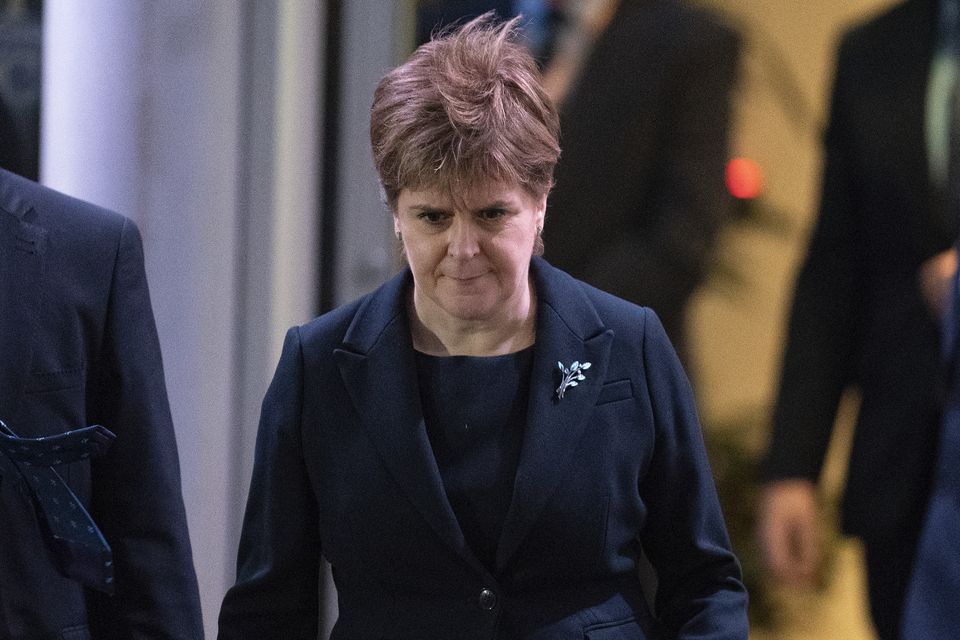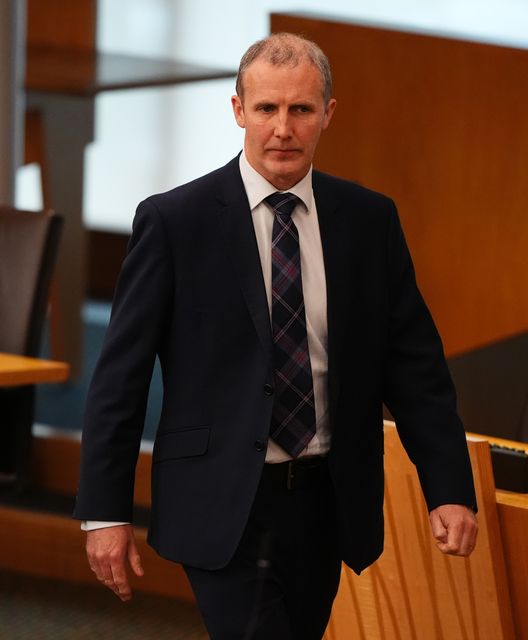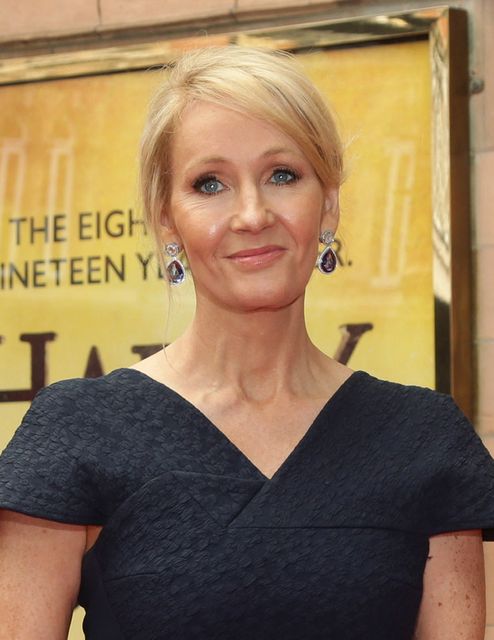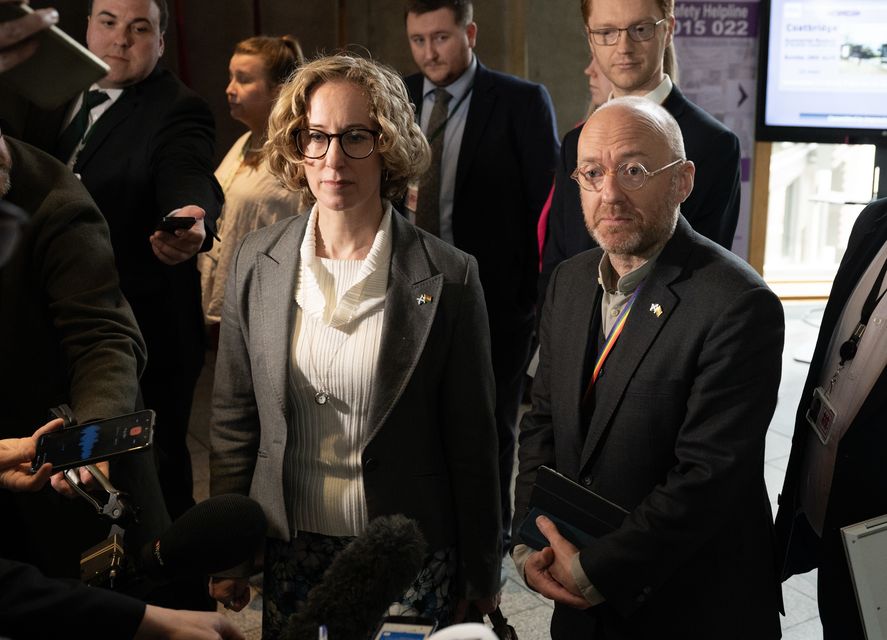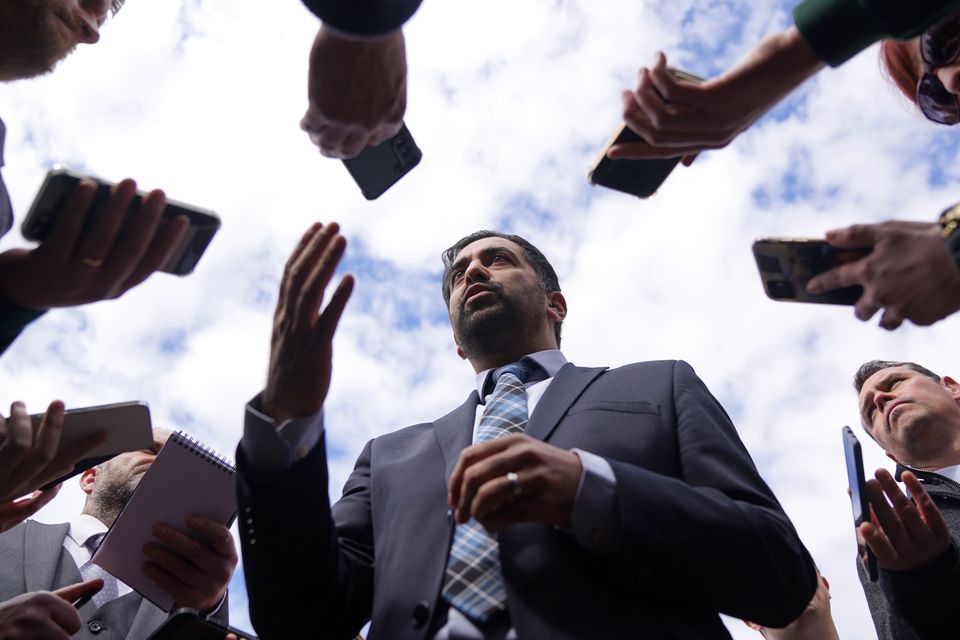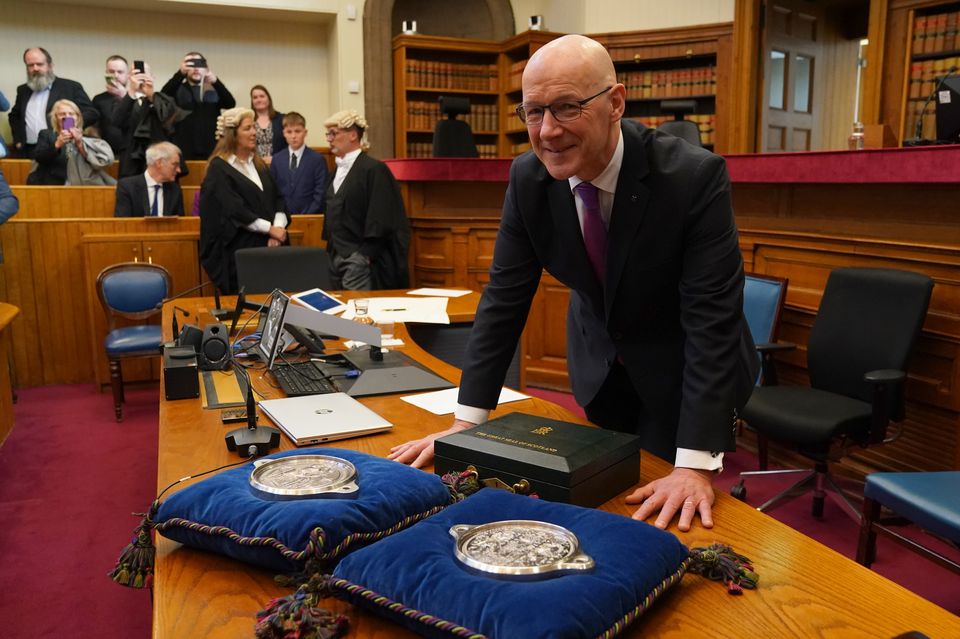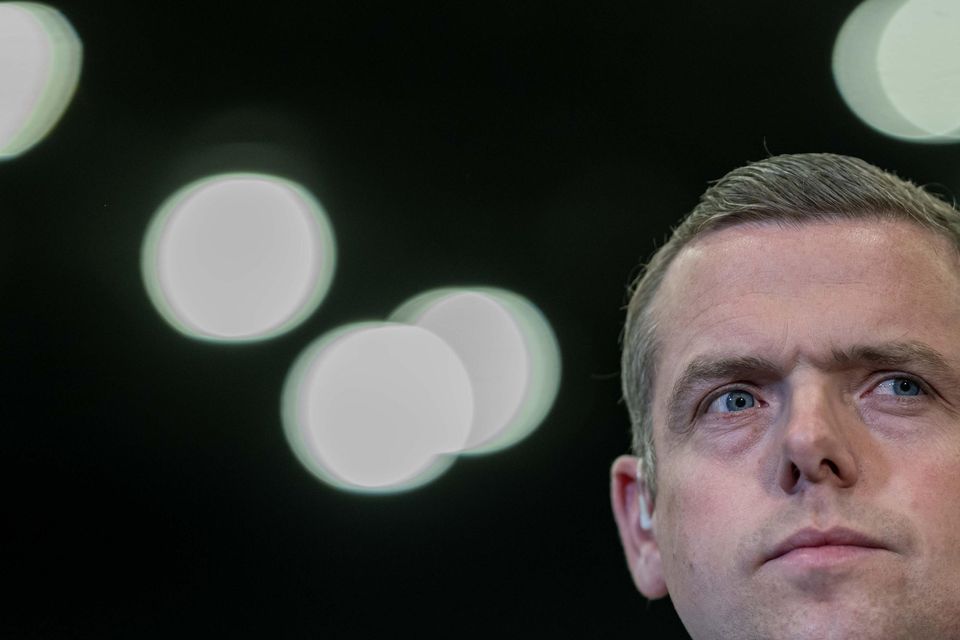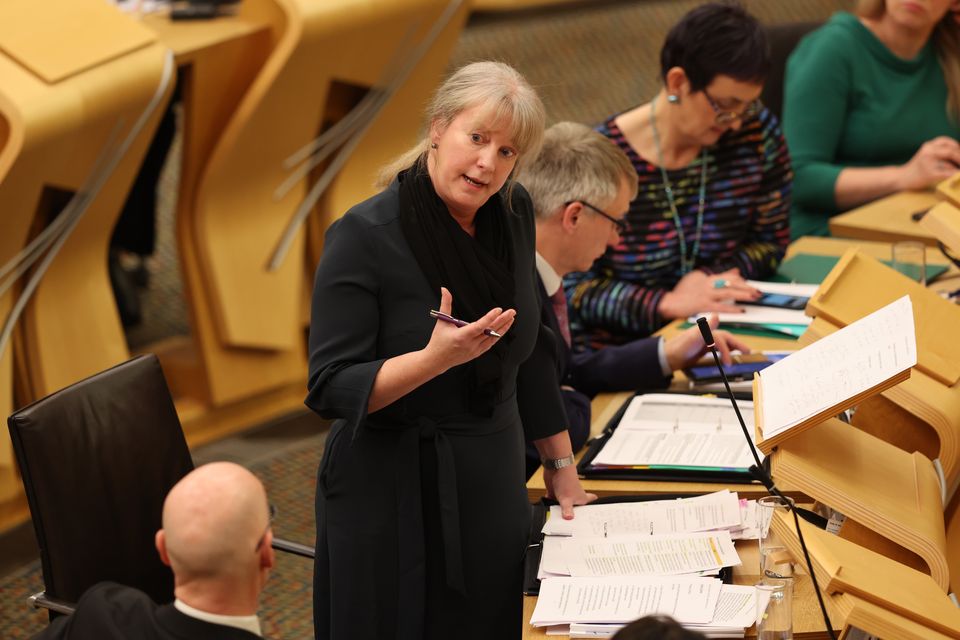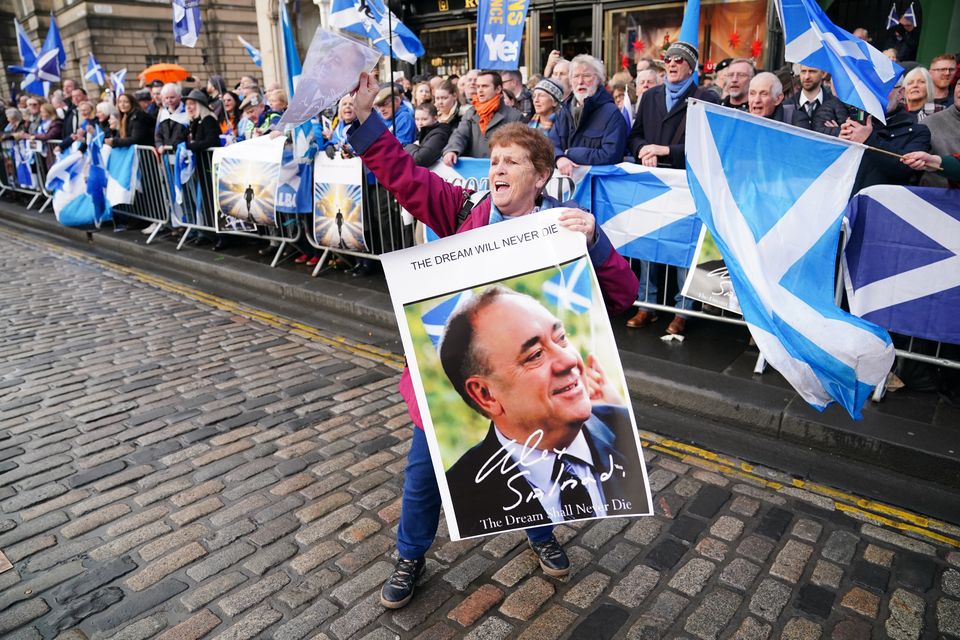The past 12 months proved to be a huge year for politics in Scotland, with the sudden death of former first minister Alex Salmond shocking people across the country.
There was also a change of First Minister at Holyrood, with John Swinney taking over from Humza Yousaf, as well as the small matter of a UK general election in the summer.
This is how the year unfolded:
– January 11
Humza Yousaf announced the Scottish Government would follow England and Wales in banning XL bullies, almost two weeks after it came into force south of the border.
– January 17
The UK Government announced it would seek costs from the Scottish Government which it incurred in defending the decision to block the Gender Recognition Reform (Scotland) Act in court.
– January 25
Humza Yousaf announced an external review into the use of informal messaging apps in Government, which he described as “frankly poor”.
Nicola Sturgeon addressed the Covid inquiry (Jane Barlow/PA)
– January 31
An emotional Nicola Sturgeon gave tearful evidence to the UK Covid Inquiry’s Edinburgh hearing as she spoke of policy regrets and said there was a “large part” of her which wishes she not been in the job during the pandemic. She admitted WhatsApp messages were deleted but insisted it was in line with Scottish Government guidance and all salient points were added to the official record.
– February 8
Health Secretary Michael Matheson quit, saying the decision was an attempt to avoid an ongoing parliamentary probe into his near-£11,000 roaming bill becoming a “distraction”. Neil Gray is made Health Secretary.
– February 21
A Labour amendment to an SNP motion in the House of Commons on the ongoing conflict in Gaza is backed by MPs following chaotic scenes, with Speaker Lindsay Hoyle facing calls to resign over his handling of the proceedings.
Michael Matheson was found to have broken MSPs’ rules (Andrew Milligan/PA)
– March 12
National clinical director Professor Jason Leitch announced plans to leave the role, weeks after coming in for criticism due to messages he sent during the Covid-19 pandemic.
– March 14
Michael Matheson was found to have breached the MSPs code of conduct in relation to his roaming bill and is referred to Holyrood’s Standards, Procedures and Public Appointments Committee.
– March 26
David Tydeman, chief executive of the beleaguered publicly-owned shipyard Ferguson Marine, was sacked.
– March 29
First Minister Humza Yousaf celebrated one year in Bute House.
JK Rowling is a prominent critic of the Hate Crime Act (Yui Mok/PA)
– April 1
Controversial new hate crime legislation came into effect. The laws became a hot-button political issue, with detractors – including Harry Potter author JK Rowling – worrying about its impact on free speech, but the more than 7,000 complaints in the first week fell precipitously as time went on.
– April 2
Author JK Rowling made a number of posts on X misgendering prominent transgender people, effectively daring police to charge her under the new legislation, but no action was taken.
– April 18
NHS Greater Glasgow and Clyde announced the pausing of puberty blockers to treat young transgender people as a result of the Cass Review.
The Scottish Government announced it would be scrapping its statutory climate target to reduce emissions by 75% by 2030, but First Minister Humza Yousaf reiterated his commitment to reaching net zero by 2045.
Former SNP chief executive and Nicola Sturgeon’s husband Peter Murrell is rearrested and charged in relation to embezzlement of party funds. Ms Sturgeon said the following day the situation had been “incredibly difficult” for her.
The decision to sack the Scottish Greens from government proved fateful (Lesley Martin/PA)
– April 19
The Scottish Greens announced they will hold a vote on the Bute House Agreement – the powersharing deal between the party and the SNP, after the decision on the climate targets.
– April 25
Humza Yousaf announced the end of the Bute House Agreement, sparking a chain of events that would lead to his downfall. The Greens attacked the decision as an “act of political cowardice”. The Scottish Tories quickly lodged a motion of no confidence in Mr Yousaf, in which the Greens announced they would vote against the First Minister.
Humza Yousaf visited Dundee as he sought to save his political career (Andrew Milligan/PA)
– April 26
Humza Yousaf cancelled a planned speech at Strathclyde University, instead choosing to face the nation’s media at a building site in Dundee, where he announced funding for housing.
– April 29
In a hastily-arranged press conference at Bute House, Humza Yousaf announced he will stand down when the SNP selects a new leader. Within hours, former deputy first minister John Swinney said he was giving the idea of standing for the leadership “very careful consideration” while former finance secretary Kate Forbes was also considered a contender.
– May 2
John Swinney confirmed he would stand to succeed Humza Yousaf while Kate Forbes announced she would not – paving the way for the former deputy first minister’s return to the political front line.
– May 6
John Swinney is confirmed as SNP leader after being the only candidate to put himself forward.
John Swinney was sworn in as First Minister (Andrew Milligan/PA)
– May 7
Humza Yousaf tendered his official resignation to the King, with John Swinney elected by MSPs as First Minister later in the day.
– May 8
John Swinney appoints his cabinet, including giving Kate Forbes the job of Deputy First Minister.
– May 15
The Scottish Parliament declared a housing emergency.
– May 16
Ministers announced plans for the early release of prisoners to quell prison overcrowding.
– May 22
Prime Minister Rishi Sunak called a general election for July 4.
– May 23
Holyrood’s standards committee recommended former health secretary Michael Matheson be suspended from the Parliament for 54 days for his near-£11,000 data roaming bill. John Swinney defended the former minister, describing the probe as “prejudiced”.
– May 29
MSPs voted to suspend former health secretary Michael Matheson.
Douglas Ross’ decision proved controversial (Michal Wachucik/PA)
– June 6
Scottish Tory leader Douglas Ross announced he would stand in the election, taking the place of ill colleague David Duguid – he had previously said he would stand down as an MP to focus on Holyrood.
– June 10
Douglas Ross announced he would stand down as Tory leader after the election, following disquiet within the party at his announcement to stand again.
– July 1
First Minister John Swinney said he would not stand down regardless of the election result.
– July 4
Ballots open in the general election.
– July 5
The SNP are routed in Scotland, being reduced from 48 seats at the last election to just nine, while Labour increased from one to 37.
– July 7
Prime Minister Sir Keir Starmer said his Government would “deliver for Scotland as he visited for the first time since taking office.
– July 29
The UK Government announces plans to means-test the winter fuel payment.
– August 20
Figures are released showing Scotland’s drug deaths rate continues to be the worst in Europe, with 1,172 people dying in 2023. Health Secretary Neil Gray says it is “hugely concerning”.
Shona Robison set out an urgent savings plan (Robert Perry/PA)
– September 3
Finance Secretary Shona Robison announced an urgent saving package of £500 million to balance the Scottish Government’s Budget.
– September 18
Scotland marked the 10-year anniversary of the 2014 independence referendum. John Swinney said it had left an “overwhelmingly positive legacy” for Scotland but the Conservatives said there had been a “lost decade” as the constitutional debate had dominated politics.
– September 27
New Scottish Conservative leader leader Russell Findlay is elected to replace Douglas Ross. He defeated rivals Meghan Gallacher and Murdo Fraser.
– October 12
The death of former first minister Alex Salmond shocked the political world. He died while attending a forum in North Macedonia. Tributes pour in for the Alba Party leader, with Sir Keir Starmer calling him a “monumental figure of Scottish and UK politics”.
A service was held to remember Alex Salmond (Jane Barlow/PA)
– November 12
SNP Westminster leader Stephen Flynn Flynn announced that he wants to stand to be an MSP at the next Holyrood election in 2026. However, he later backed down on on his bid to “double job” in both parliaments.
– November 30
A special service is held at St Giles’ Cathedral to remember Alex Salmond, with many prominent figures attending.
– December 4
Finance Secretary Shona Robison set out the Government’s spending plans, with record spending for the NHS and councils. She also said the Government plans to mitigate the two-child benefit cap in Scotland, with critics saying that money has not been set aside for this.
– December 17
Former first minister Humza Yousaf announced he is stepping back from frontline politics and will not run for re-election as an MSP in 2026. Mr Yousaf said the “time is right for me to move on” after his 15-year career at Holyrood.
